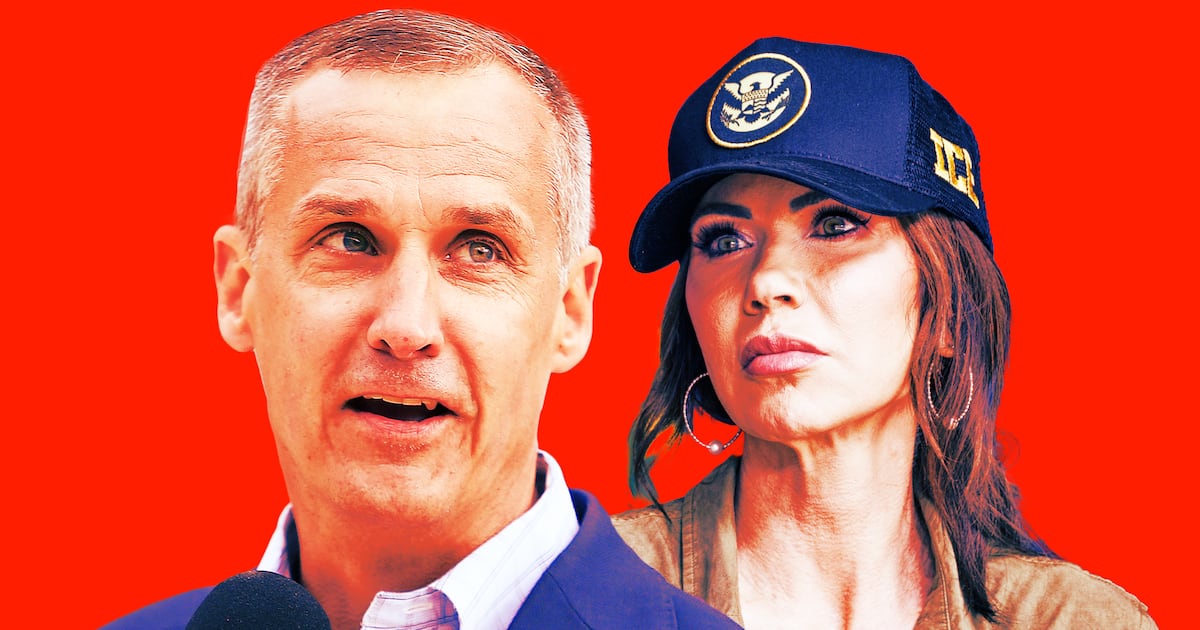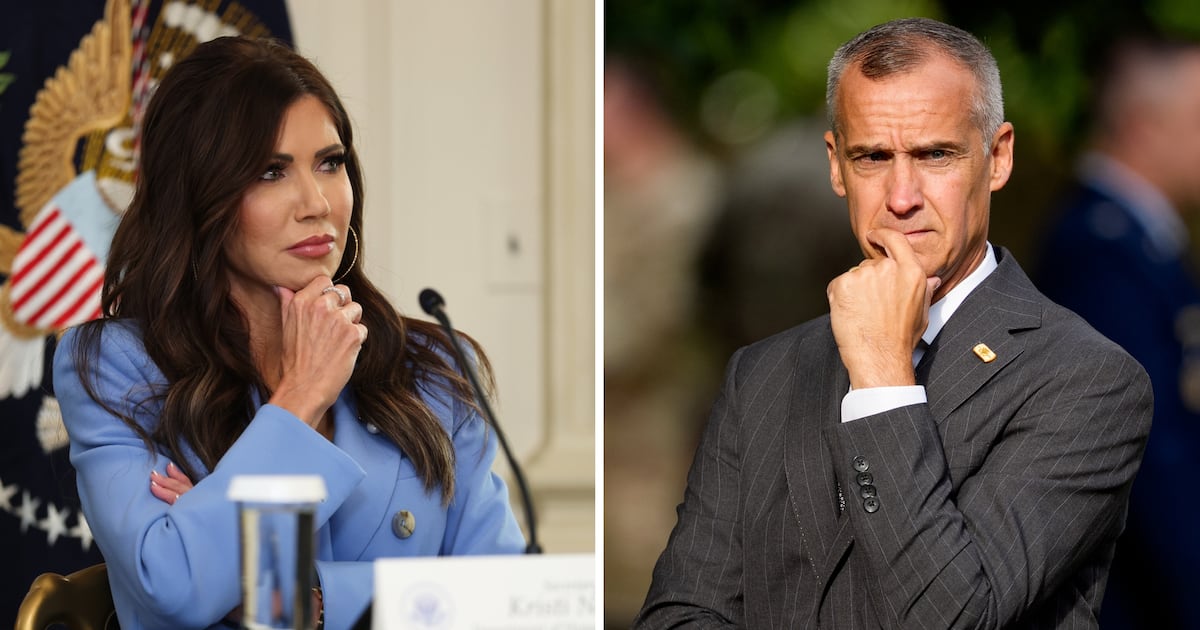“Are you Peter Beinart?” called out the woman. She was in her 60s or 70s, thin, with an Israeli accent. “Yes,” I replied, and walked over to shake her hand. She paused, before reluctantly extending hers, then declared, “I’m very angry at you. You don’t understand all the harm you do.”
“I’m very angry at you.” Do people speak that way to writers they disagree with about tax cuts? The hostility was personal, intimate. It’s something I’ve experienced repeatedly in recent months. Sometimes, after talks, people tell me they feel sorry for my mother that she raised such an anti-Israel son. A few have warned that one day my children will turn against me. One angry emailer suggested that she begin a correspondence with my wife. On Twitter, a woman said she would never make me chicken soup.

The woman with the Israeli accent said something about how terrible it was to boycott Jews, then told me that I shouldn’t be standing in the sun and invited me to come to her apartment, which was nearby. I went. “This is Peter Beinart,” she told her husband as we walked in the door. “I’m trying to explain things to him. He needs some water.”
What she needed to explain, it turned out, was Islam. She had, she said, been studying it for ten years. Her conclusion: Islam is a religion of conquest. It seeks world dominion. Sharia law is a threat not just to Israel but to Western civilization. Some Muslims are so ignorant of their own faith that they don’t know this. Others lie about it, since Islam condones that.
I protested: every religion contains multitudes; surely Islam has been interpreted in different ways in different countries at different times; the Hebrew Bible seems to sanction barbaric behavior too; what about Christian Arabs? Didn’t Jews have it better in Morocco and Iraq than in Latvia and Ukraine?
She was unimpressed. I hadn’t studied the issue. “I mean the Christian Arabs too. Do you know the real story of Mohammed? Have you read the Palestinian textbooks? We’re Holocaust survivors. How old are you? Really? Almost the age of my son. I could be your mother. Please [to her husband, her voice rising], he’s run out of water! Are you hungry? It’s not that they’re bad people one on one but you have to understand what they believe.”
Eventually, I left. Her goodbye was friendly, even warm. “If only there was more time to talk. We must stay in touch. Enjoy your gymnastics. (I was on my way to the gym).” And, truth be told, the feeling was mutual. I liked her.
I felt guilty for liking her. One of the most depressing things about discussing Israel in the American Jewish community is the blindly tribal way in which some Americans Jews talk about “them.” “They hate us; they don’t want peace; they teach their children to kill; they don’t think like we do.” Sometimes it’s not even clear who the “they” is: 11 million Palestinians, 300 million Arabs, 1.5 billion Muslims, all of the above? It’s a rhetoric of dehumanization, practiced by people who lack the empathy or historical memory to see parallels between the way we talk about “them” and the way anti-Semites have long talked about us. A prominent right-wing Jewish activist recently told me, in a burst of fury, that “they” are “animals.” It reminded me of an encounter I had during a book signing. A dignified, elderly, heavily accented woman came up to me. I assumed she was Jewish. “I’m a Palestinian,” she said. “People talk about us like we have tails.”
And yet it was this very tribalism—the same tribalism that can breed dehumanization—that created the bond between the Israeli-accented woman and me. I’m a liberal American Jew. She’s a right-wing jewish immigrant to Israel. But although divided by adjectives, we share a noun. And because of that, she treated me like a wayward member of her family. She was concerned by me, but also for me. Maybe it’s because America can be such an impersonal and saccharine place. Maybe it’s because I spent some of the happiest moments of my childhood among loving, fiercely tribal, Jews with political opinions to the right of Attila the Hun. Maybe it’s because I know from experience that ideological decency and personal decency are two entirely different things. For whatever reason, her concern touched me and I felt strangely at home.
One of the buzzwords in today’s American Jewish community is civility: our capacity to talk to each other about Israel without raising our voices. But what enabled my interaction with the Israeli-accented woman was not civility. It was peoplehood. Peoplehood is comforting, empowering, even intoxicating, which probably explains why Birthright works. It’s also dangerous. The woman with the Israeli-accent did raise her voice. She was furious with me. I’m furious with her. She’s afraid of the damage that people like me do. I’m downright terrified of what people with views like hers are doing to the Jewish state that I love. And yet as I walked back from the gym along the sidewalk near her apartment, I kept hoping she’d be there.
CORRECTION: This article originally included the sentence "She’s a right-wing Israeli-born Jew." It now reads " She’s a right-wing jewish immigrant to Israel," to more accuratly represent the subject's experience.






